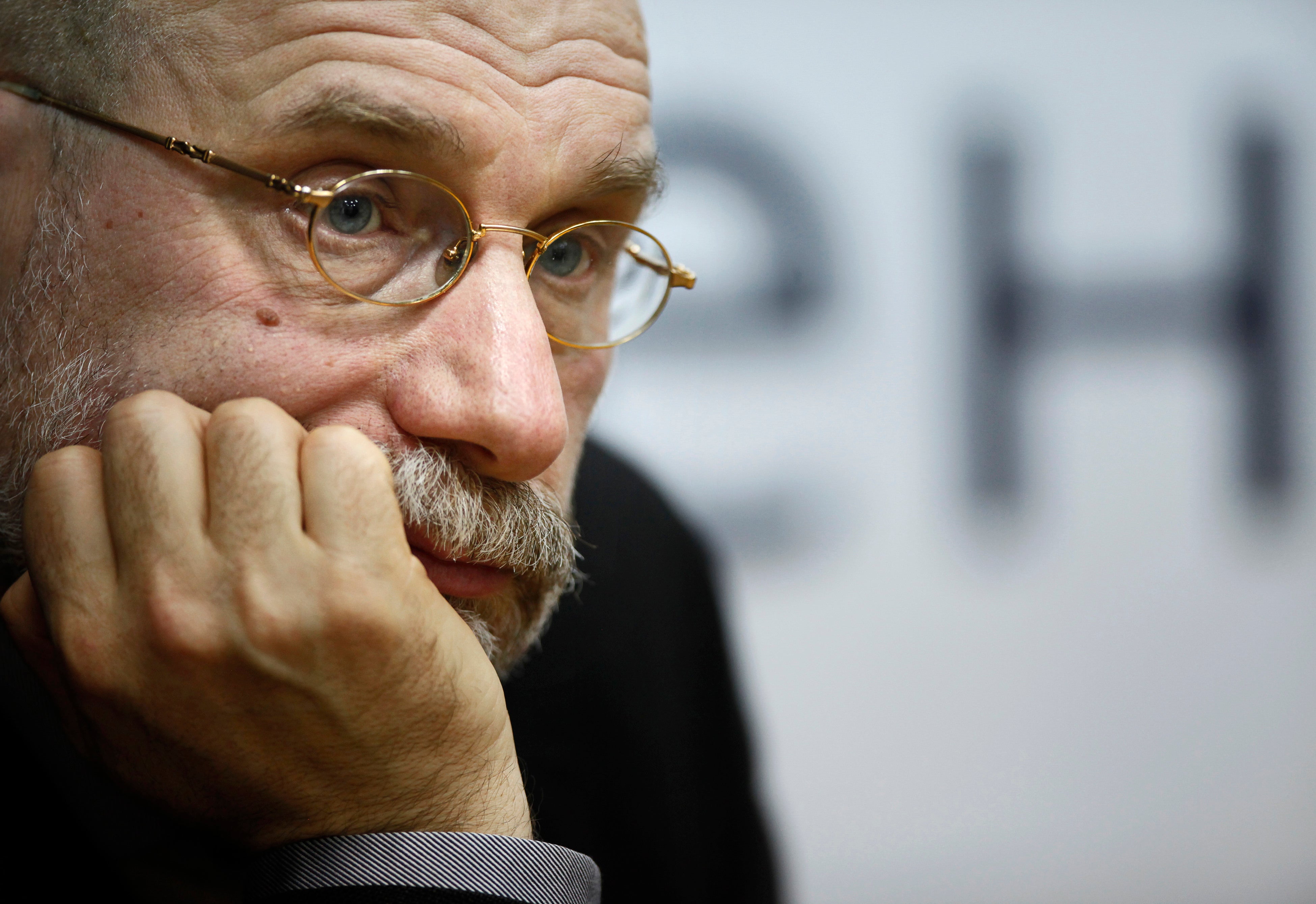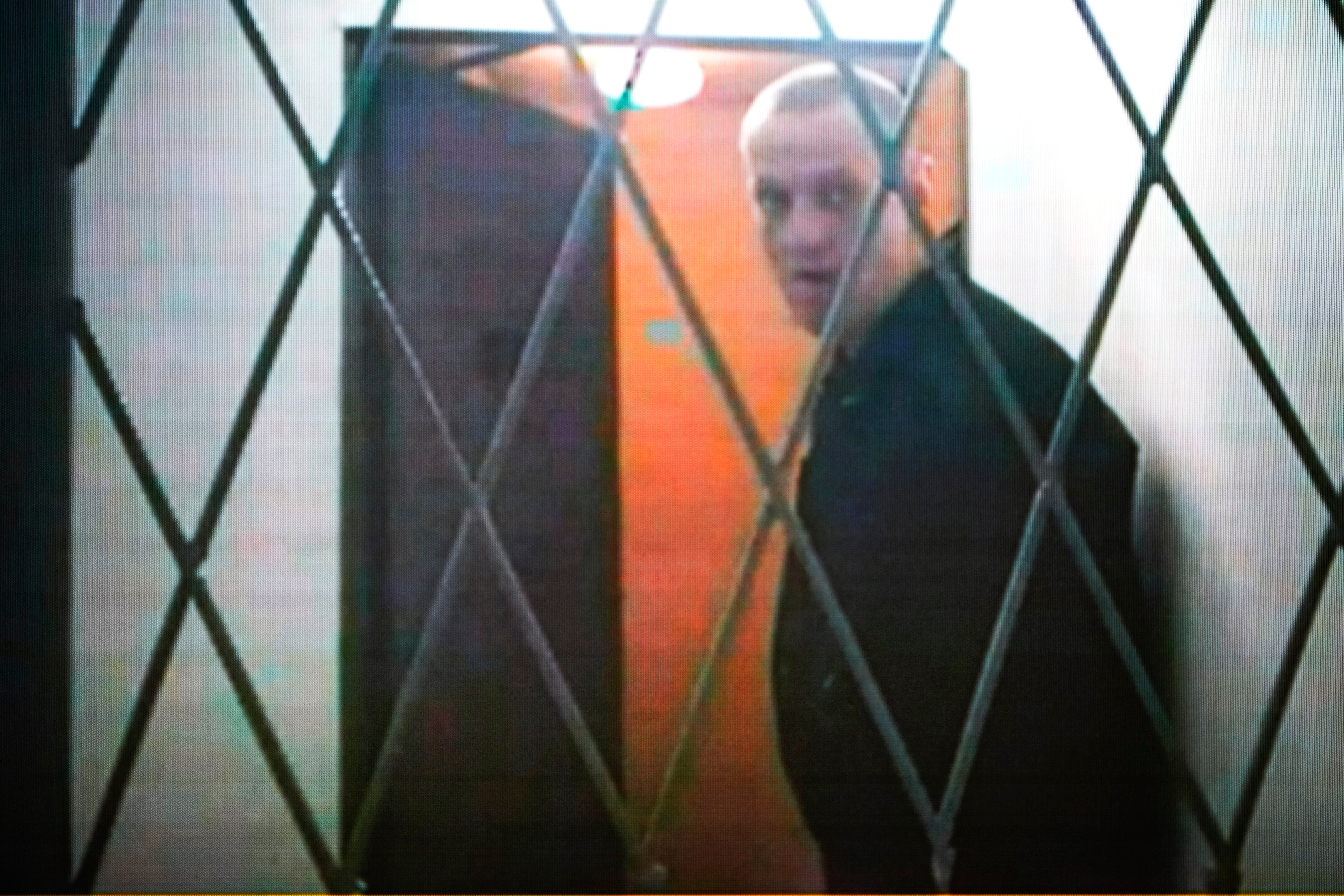A bestselling novelist was duped by pro-Putin prank callers. He now faces jail
Russian-Georgian novelist Boris Akunin becomes the latest victim of a widespread Kremlin crackdown on those opposing Vladimir Putin’s war in Ukraine

Your support helps us to tell the story
From reproductive rights to climate change to Big Tech, The Independent is on the ground when the story is developing. Whether it's investigating the financials of Elon Musk's pro-Trump PAC or producing our latest documentary, 'The A Word', which shines a light on the American women fighting for reproductive rights, we know how important it is to parse out the facts from the messaging.
At such a critical moment in US history, we need reporters on the ground. Your donation allows us to keep sending journalists to speak to both sides of the story.
The Independent is trusted by Americans across the entire political spectrum. And unlike many other quality news outlets, we choose not to lock Americans out of our reporting and analysis with paywalls. We believe quality journalism should be available to everyone, paid for by those who can afford it.
Your support makes all the difference.A Moscow court has ordered the arrest of a bestselling novelist living in London on charges of “justifying terrorism” – the latest incident in a Kremlin crackdown on Russians opposing the war in Ukraine.
Grigory Chkhartishvili, known under the pen name Boris Akunin, was charged in absentia by Moscow’s Basmanny District Court on Tuesday. He is now under an arrest warrant and will be detained if he returns to Russia.
In December last year, after Mr Akunin expressed support for Ukraine on a call with two Russian pranksters, known as Vovan and Lexus – who were posing as Ukrainian officials – the Kremlin escalated its crackdown on the novelist.
Russian authorities added the writer to Russia’s register of “extremists and terrorists” over the call. At that time, the novelist wrote: “A seemingly minor event, the banning of books, the declaration of some writer as a terrorist, is actually an important milestone.
“Books have not been banned in Russia since Soviet times. Writers have not been accused of terrorism since the Great Terror. This is not a bad dream, this is happening to Russia in reality.”
A criminal case was subsequently opened against Mr Akunin, who has sold millions of detective, historical and fantasy novels internationally, for “discrediting the army”. Specifically for “justifying terrorism” and spreading “fake news” about the Russian military.
Russian publishers had already pulled his books from the country’s largest bookstore chain, while all Russian theatres staging plays based on Mr Akunin’s works removed his name from posters.
Mr Akunin, a dual Russian-Georgian national, has been an outspoken critic of Vladimir Putin for years. In 2014, the year that Mr Putin annexed the Ukrainian peninsula of Crimea before sending his forces into eastern Ukraine, Mr Akunin moved to London, where he has remained ever since.
A year before, he accused Mr Putin of destroying the country’s hopes of progress.
“Putin has become a real obstacle to the development of the country,” he said. “It is impossible to survive with this level of corruption.”

On the day Putin launched Russia’s full-scale invasion of Ukraine on 24 February, 2022, Mr Akunin branded the Kremlin leader a “mentally abnormal dictator” and described the war as “absurd”.
He wrote: “I could not believe that Putin would start this absurd war – and I was wrong. I always believed that reason would win in the end – and I was wrong. The insanity has won.
“People are dying, blood is shed. Russia is ruled by a mentally abnormal dictator, and, most terrible of all, she submissively follows his paranoia. I know that Putinland and Russia are not the same thing, but now there is no difference for the whole world.”
He later co-founded the True Russia platform, which helps Ukrainian refugees and exiled anti-war Russians.
It comes as Russian prison authorities moved jailed opposition figure Alexei Navalny, 47, into a one-man punishment cell in the remote Arctic penal colony where he is serving a 19-year sentence, his team announced.
His press secretary Kira Yarmysh did not specify the reason, but said Mr Navalny had already spent months in solitary confinement since he was jailed in 2021, facing the punishment over two dozen times over minor infractions such as failing to properly button his prison uniform.
Vladimir Kara-Murza, another Russian opposition figure being held in a Siberian penal colony, was transferred to a one-man punishment cell last month. He is serving a 25-year sentence for spreading “fake news” about what the Kremlin calls its “special military operation” in Ukraine.
Mr Kara-Murza’s wife, Evgenia, told The Independent that he had been moved after being labelled a “consistent violator of the rules”, just like Mr Navalny.
“In Russia, they use this accusation against political prisoners very often for absolutely ridiculous reasons,” she said.
Join our commenting forum
Join thought-provoking conversations, follow other Independent readers and see their replies
Comments